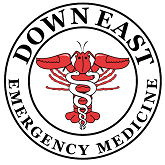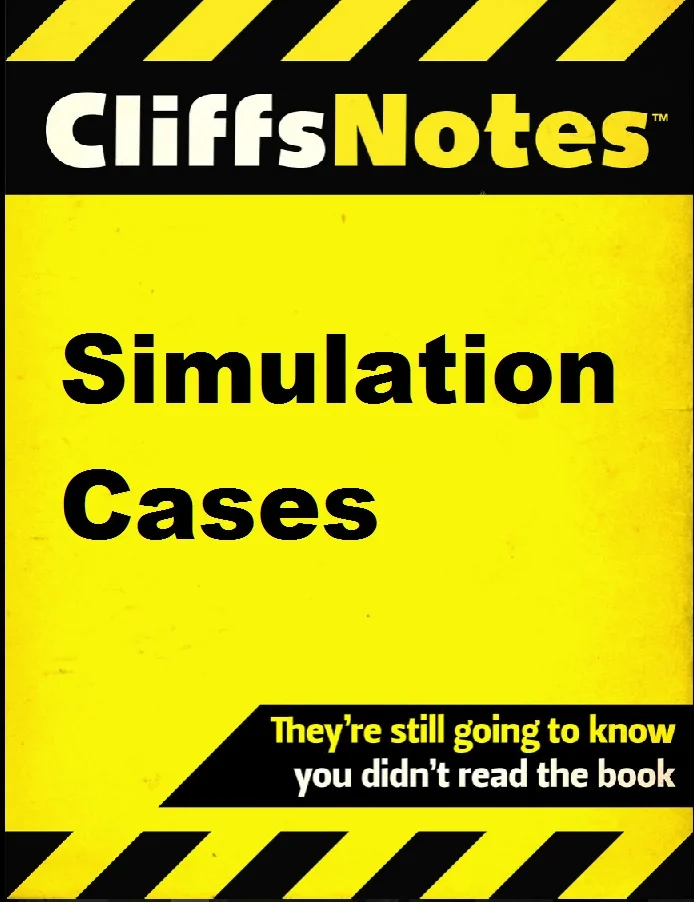Feature Film(s) - Pediatric Point of Care Ultrasound in the Emergency Department
/Dr. Rachel Rempell is a pediatric emergency medicine physician in Boston, Massachusetts and is affiliated with Boston Children's Hospital. She is board certified in pediatrics, pediatric emergency medicine and completed an ultrasound fellowship with a focus on pediatrics. We were fortunate to have her as a guest speaker for our grand rounds where she gave us a tour of the current landscape of pediatric point of care ultrasound in emergency medicine.
Read More



















